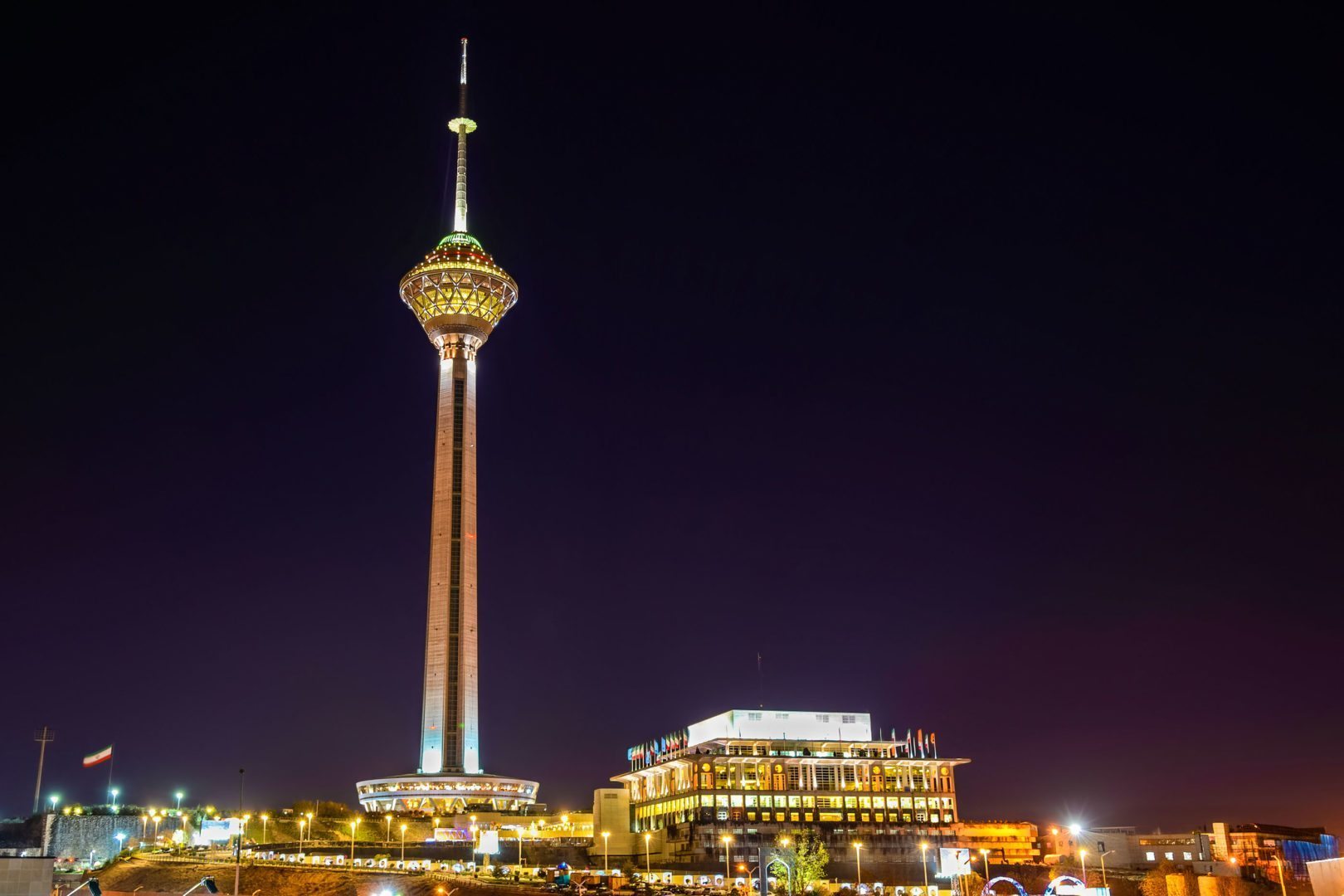

Co-ordinated attacks were claimed by the Islamic State
Iran has blamed Saudi Arabia for the twin attacks on its parliament and the mausoleum of Ayatollah Khomeini - the founder of the Islamic Republic - which left 12 dead and injured 42.
The terrorist attacks, which were the first in Iran in many years were claimed by Islamic State in Iraq and Syria (Isis).
The Islamic Revolutionary Guard Corps (IRGC) - an elite branch within the Iranian Armed Forces - has vowed revenge for the attacks, which saw two of its own members killed inside the parliament.
The four terrorists, who disguised themselves as women to enter the parliament and mausoleum were killed.
The public opinion in the world, specially the Iranian nation sees this terrorist action that happened a week after the joint meeting of the US president with the heads of one of the reactionary regional states that has constantly been supporting takfiri terrorists as to be very meaningful, and believes that ISILs [Isis] acknowledging the responsibility indicates their complicity in this wild move, the IRGC said in a statement.
The IRGC went on to add that it would not leave unanswered the shedding of innocent blood.
Iranian state media flashed comments made by Saudi foreign minister Adel al-Jubeir a day before the attack saying that the Islamic Republic must be punished for interfering in the region and its support for terrorist organisations.
Remarks made by the Saudi Deputy Crown Prince Mohammed bin Salman bin Abdulaziz al-Saud in a TV interview in May, where he said he would take the battle to the Iranian soil, were widely seen as intimidating Iran and encouraging terrorists to target the country.
The attacks have been the first successful attempt on Iran by the Isis, which considers the worlds most populous Shia country as a nation of heretics.
In March, the terrorist outfit released a rare video in Farsi urging Irans Sunni minority to rise up against the Iranian regime.
Iran in return considers extremist Sunni outfits such as the Isis as takfiri or apostate and has undertaken stringent security measures to deter influx of sympathisers from neighbouring Afghanistan and Iraq. Iran and the Isis oppose each other in the ongoing six-year conflict in Syria, where Irans IRGC-supported groups are fighting on behalf of the Syrian President Bashar al-Assad.
Irans Supreme Leader Ayatollah Ali Khamenei, whose predecessors tomb had been targeted dismissed the attacks as fumbling with firecrackers and said they were too small to influence the will of the nation and authorities.
You might also like...

TotalEnergies to acquire remaining 50% SapuraOMV stake
26 April 2024

Hyundai E&C breaks ground on Jafurah gas project
26 April 2024

Abu Dhabi signs air taxi deals
26 April 2024

Spanish developer to invest in Saudi housing
26 April 2024
A MEED Subscription...
Subscribe or upgrade your current MEED.com package to support your strategic planning with the MENA region’s best source of business information. Proceed to our online shop below to find out more about the features in each package.




